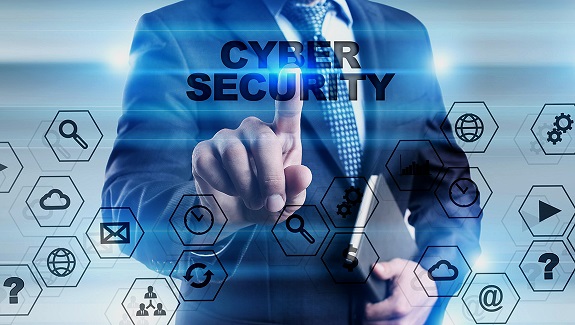THROUGHOUT the world, October is observed as Cybersecurity Awareness Month.
Since it began to raise awareness of cybercrimes in 2004, the aim has been to warn the public of potential scams that could leave business and individuals out of pocket. Billions have been lost as a result of cybercrimes.
Over the years it has grown into a collaborative effort between government and industry to enhance cybersecurity awareness, encourage actions by the public to reduce online risk, and generate discussion on cyber threats on a national and global scale.
Information can both be harmful and a powerful tool. Harmful is misused and powerful if one is armed against any harmful intentions.
Here’s a staggering stat: the global cybersecurity market is expected to hit R5.505 trillion by 2024. That’s a huge leap, driven by the need to fight off cybercrime, which could cause a whopping R174.325 trillion in damages worldwide this year. Plus, a hefty 85% of cybersecurity pros believe that hackers using generative AI will make cyber threats even more sophisticated. So, having top-notch security measures isn’t just important – it’s crucial.
According to the World Economic Forum Global Risks Report 2024, cyber attacks now rank fifth in the global risk landscape at a staggering 39%. The cost of global cybercrime is expected to reach $9.5 trillion by the end of this year according to Cybersecurity Ventures.
October 2024 marks the 21st Cybersecurity Awareness Month. In order to protect oneself and help business, consumers and individuals stay safe, Nedbank has listed these fast five tips to stay safe:
- One cannot overstate the importance of an antivirus programme to ensure one has assistance in watching out for potential threats and keeps devices safe from malware, viruses and cyber threats.
- Being password savvy is the key to ensure one’s security is not breached. It goes without saying that a combination of letters, numbers, and special characters form the best defence against threats. The most common password in the world is “123456”. @Password is also common. So too is one’s date of birth.
- Multiple authentications, for example, a one-time pin sent to your phone or email address, can ensure safety of account or transactions made cannot be done without your authorization.
- Be vigilantand treat every invitation from an unauthorized sender as suspicious, unless you have confirmed it is authentic, in particular, if it invites you to open a link or update or verify payment details.
- Stay safe when going online in public. Online banking or shopping using free wi-fi in public places are not recommended. Best to use your own mobile data or trusted hotspot for secure connection.
Bear in mind that the transition to online platforms for everyday engagement, business and individual transactions make it imperative for one not to take security for granted.
Safer online engagements start with education, these simple tips are not inclusive, but a start to ensure one’s experience is not soured by the criminal scourge affecting business and people worldwide.

